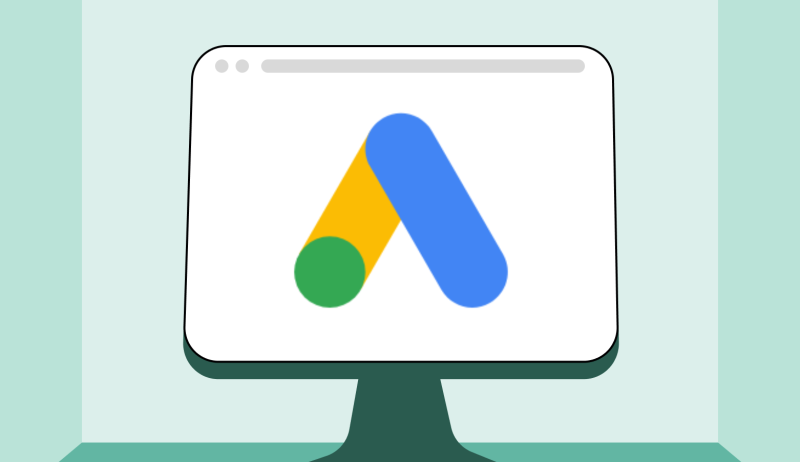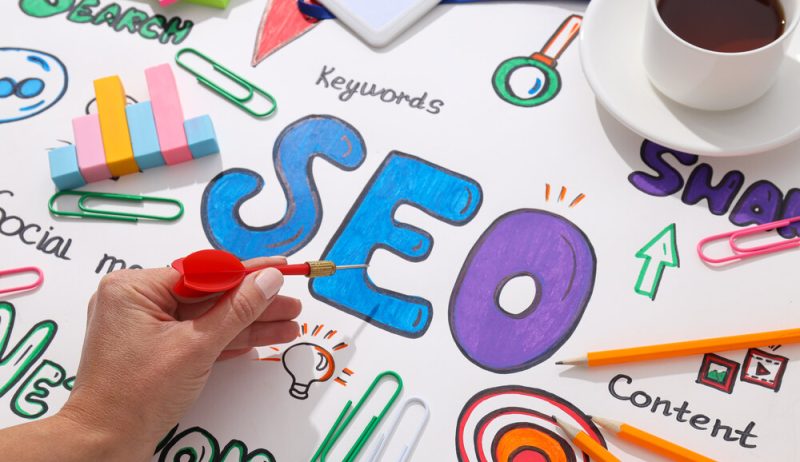Email Marketing: A Direct Path to Business Growth
Why Email Marketing?
Email marketing is a powerful tool for businesses to directly engage with their audience in a personalized and cost-effective way. By sending targeted emails to customers and prospects, companies can promote products, share updates, and build lasting relationships. With the ability to segment audiences based on their interests, behaviors, and demographics, email marketing allows businesses to craft tailored messages that resonate with recipients, leading to higher engagement and conversions. Additionally, email marketing provides valuable insights through open rates, click-through rates, and other metrics, enabling businesses to optimize their campaigns for even greater success.
What Our Clients Say About Us
Somalia D. Silva
Jacob Jones
Albert Flores
Contact Us
Got a Question?
FAQ
SEO (Search Engine Optimization) is the practice of optimizing your website to rank higher on search engines like Google. It involves improving various elements of your site, including content, keywords, technical structure, and backlinks, to make it more appealing to search engines and more relevant to user queries. The goal is to increase visibility, drive organic traffic, and improve user experience.
SEO is a long-term strategy, and results can take anywhere from 3 to 6 months to become noticeable. The timeline depends on factors like your website’s current ranking, the competitiveness of your industry, and the effectiveness of your SEO strategy. While you may start seeing improvements in traffic and rankings within a few months, the full impact of SEO takes time to develop.
SEO is critical because it helps your website rank higher in search results, making it easier for potential customers to find your business. Higher visibility means more organic traffic, which can lead to more leads, conversions, and sales. SEO also builds trust and credibility, as users tend to click on the top search results, and it offers a cost-effective marketing strategy compared to paid advertising.
On-page SEO refers to the actions taken directly on your website to improve its ranking, such as optimizing content, using relevant keywords, improving site speed, and ensuring mobile-friendliness. Off-page SEO, on the other hand, focuses on external factors that influence your rankings, such as acquiring high-quality backlinks, social media engagement, and online mentions. Both on-page and off-page SEO are essential for achieving strong search engine rankings.
Learn more from blog
Follow our latest news and thoughts which focuses exclusively on design, art, vintage, and also work updates.







